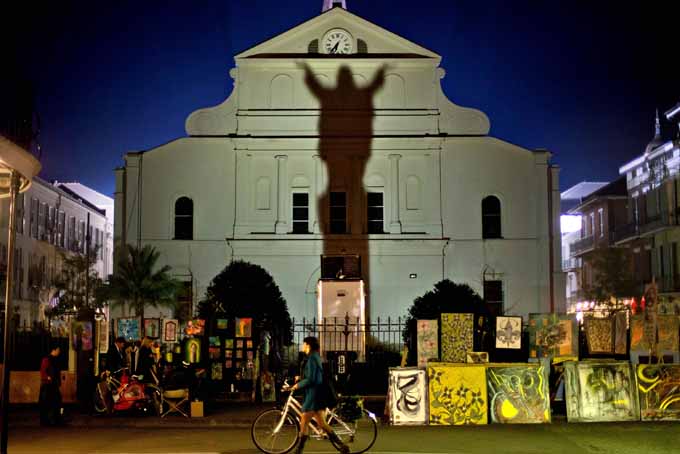
For two thousand years, he has been worshipped and adored. Multitudes look to him each day. And yet nobody really knows the face of Jesus.
That has not stopped humanity’s imagination, or its yearning to draw Jesus as close as possible. So when this Christmas season brought a torrent of debate over whether Jesus was a White man, it struck a sacred nerve.
“That statement carries a whole lot of baggage,” said Rockwell Dillaman, pastor Allegheny Center Alliance Church in Pittsburgh. “Political baggage, spiritual baggage, emotional baggage. Especially in a culture like ours where the relations of White people to other ethnicities has often been marked by injustice and distrust.”
Why should we even care what Jesus looked like? If his message is God and love, isn’t his race irrelevant? Some say God wanted it that way, since there are no references to Jesus’ earthly appearance in the Bible.
But the debate was a reminder of just how difficult it is for anyone to transcend race — even a historical figure widely considered to be beyond human.
“I find it fascinating that that’s what people really want to know — what race was Jesus. That says a lot about us, about Americans today,” said Edward Blum, co-author of “The Color of Christ: The Son of God and the Saga of Race in America.”
“Jesus said lots of things about himself — I am divine, I am the son of man, I am the light of the world,” Blum said. “What race is light? How do you racially categorize that?”
Jesus can be safely categorized as a Jew, born about 2,000 years ago in the Middle East in what is now Palestinian territory. Therefore, many scholars believe that Jesus must have looked “Arab,” with brownish skin.
“Today, in our categories, we would probably think of him as a person of color,” said Doug Jacobsen, a professor of church history and theology at Messiah College.
That view was contested by Fox News host Megyn Kelly while critiquing a Slate.com column titled “Santa Claus Should Not Be a White Man Anymore.”
“Jesus was a White man, too,” Kelly said, launching a national discussion about history, tradition and just how White Christmas should be.
Her statement drew responses from impassioned rebukes to scholarly rebuttals.
“It’s just an incorrect statement,” Jacobsen said. “It’s an ignorant statement, not an intentionally false statement.”
Wrote Jonathan Merritt in The Atlantic: “If he were taking the red-eye flight from San Francisco to New York today, Jesus might be profiled for additional security screening.”